
Great Testimony against Scientific Cruelty
'Great Testimony against Scientific Cruelty' Summary
Stephen Coleridge's Great Testimony Against Scientific Cruelty is a groundbreaking work that exposes the dark side of animal experimentation and makes a powerful case for its abolition. Published in 1896, the book was one of the first to comprehensively document the suffering inflicted on animals in scientific experiments.
Cole Coleridge begins by tracing the history of vivisection, from its ancient origins to its widespread use in the 19th century. He then goes on to describe the various methods of vivisection, including dissection, poisoning, and mutilation. He also discusses the ethical and scientific arguments against vivisection, arguing that it is cruel, unnecessary, and often ineffective.
One of the most compelling aspects of Coleridge's book is his use of eyewitness accounts from scientists and animal caretakers. He describes in graphic detail the horrific experiments that were being performed on animals in the name of science. For example, he tells the story of a dog who was subjected to a series of experiments by the French physiologist Claude Bernard. Bernard dissected the dog alive, removing its pancreas and then stitching it back up. The dog suffered for several days before finally dying.
Cole Coleridge also discusses the scientific arguments against vivisection. He points out that many of the experiments that were being performed on animals were poorly designed and produced unreliable results. He also argues that the suffering inflicted on the animals was not justified by the potential benefits of the research.
Cole Coleridge's book was a powerful indictment of vivisection, and it helped to galvanize the anti-vivisection movement. It remains an important work today, and it is essential reading for anyone who is concerned about animal welfare.
The essence and spirit of the book
The essence and spirit of Great Testimony Against Scientific Cruelty is one of compassion, justice, and respect for all life. Coleridge believed that it was wrong to inflict suffering on animals, even in the name of science. He also believed that it was important to hold scientists accountable for their actions.
Conclusion
Great Testimony Against Scientific Cruelty is a groundbreaking work that continues to be relevant today. Coleridge's book is a powerful indictment of vivisection, and it is essential reading for anyone who wants to understand the ethical and scientific arguments against animal experimentation.
Book Details
Language
EnglishOriginal Language
EnglishPublished In
1918Genre/Category
Tags/Keywords
Authors
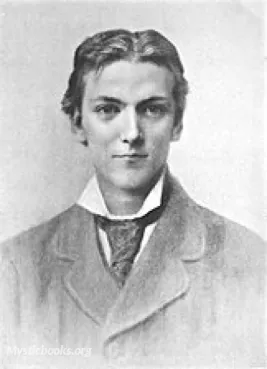
Stephen Coleridge
England
Stephen Coleridge (1854-1936) was an English author, barrister, opponent of vivisection, and co-founder of the National Society for the Prevention of Cruelty to Children (NSPCC). He was the second son...
Books by Stephen ColeridgeDownload eBooks
Listen/Download Audiobook
- Select Speed
Related books

Northern Trails, Book 2 by William J. Long
Travel to the far reaches of the North Woods, where wild animals roam and nature's secrets are hidden. In Northern Trails, Book 2, William J. Long ta...
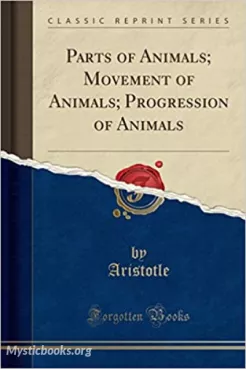
Movement & Progression of Animals by Aristotle
It offers a detailed exploration of the movement and behavior of animals. In "Movement & Progression of Animals", Aristotle divides the animal kingdo...
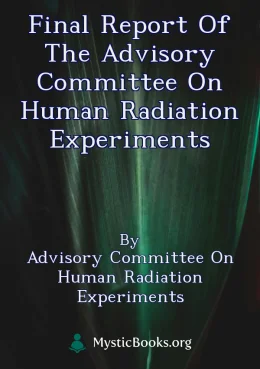
Final Report of the Advisory Committee on Human Radiation Experiments by Advisory Committee on Human Radiation Experiments
This book, the "Final Report of the Advisory Committee on Human Radiation Experiments," documents the findings of a committee established by President...

The Flu: A Brief History of Influenza by A. Mouritz
PREFACE This Booklet has been written and compiled for the use of any student or layman who seeks concise and clear information on the history of Infl...

How To Have Bird Neighbors by S. Louise Patteson
The author provides the listener with anecdotes from her life of her experiences with birds. She describes their habits and antics, their food favorit...
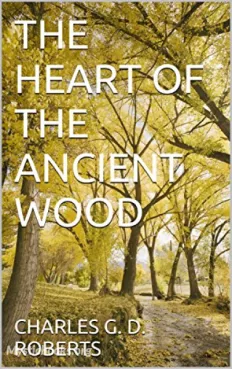
The Heart of the Ancient Wood by Sir Charles G. D. Roberts
This is a captivating book that transports readers into a world of enchantment and wonder within the depths of a timeless forest. This mesmerizing pie...

The Genetic Effects of Radiation by Isaac Asimov
It is a book that delves into the science of radiation and its impact on genetics. Originally published in 1964, the book provides a comprehensive ove...
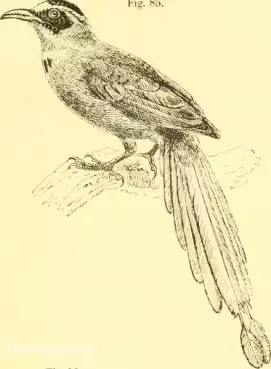
The Elements of Ornithology by William Ruschenberger
The Elements of Ornithology is one of seven in a Series of First Books of Natural History Prepared for the Use of Schools and Colleges. This succinct...
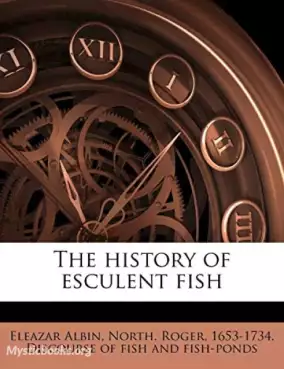
The History of Esculent Fish by Roger North
Roger North, son of Dudley North, 4th Baron North, was a successful member of the bar and later member of parliament. But he had wide ranging interest...
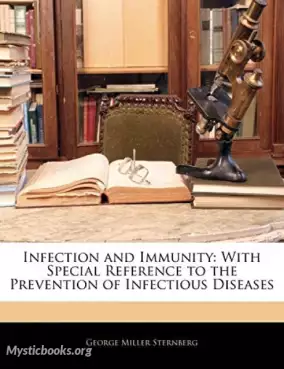
Infection and Immunity by George M. Sternberg
Infection and Immunity with Special Reference to the Prevention of Infectious Diseases presents a subject that is as relevant today as it was in 1903....
Reviews for Great Testimony against Scientific Cruelty
No reviews posted or approved, yet...